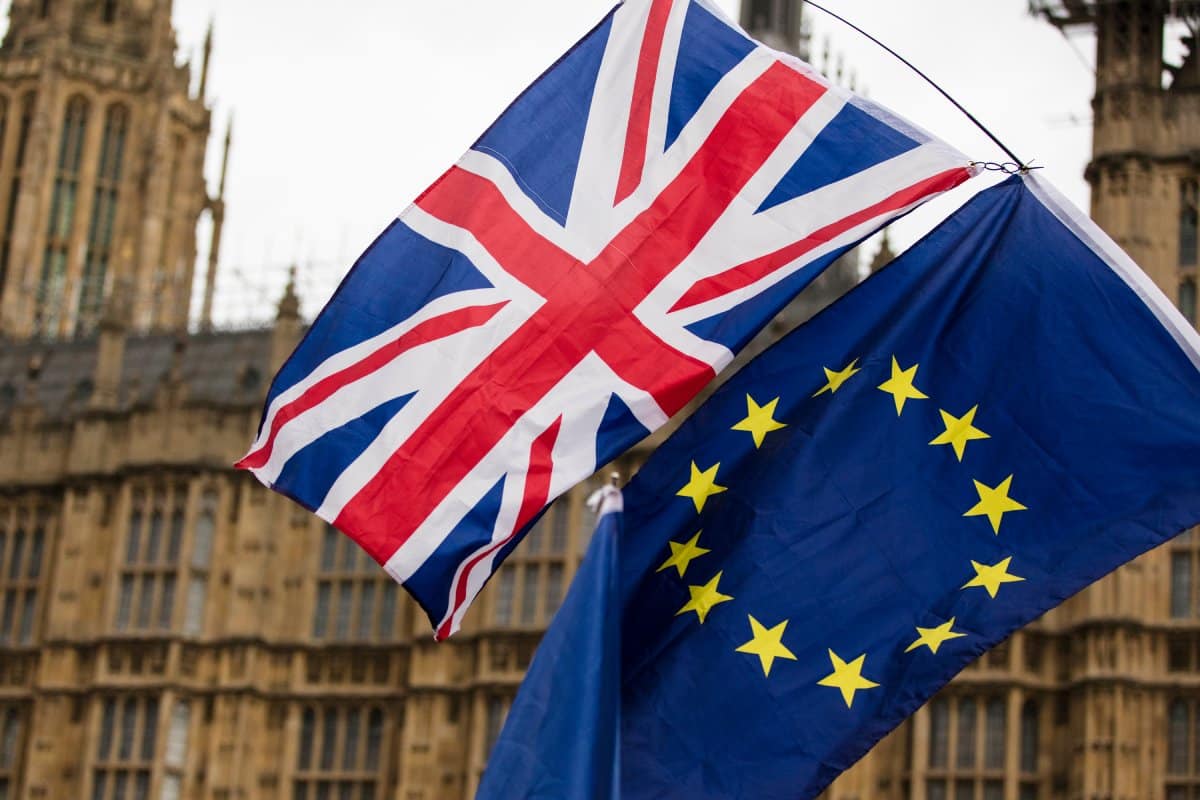A recent survey unveils Brexit, Partygate, and historical scandals as key factors driving disillusionment in UK democracy, sparking calls for urgent reform. Here’s the full story.
Political Upheaval
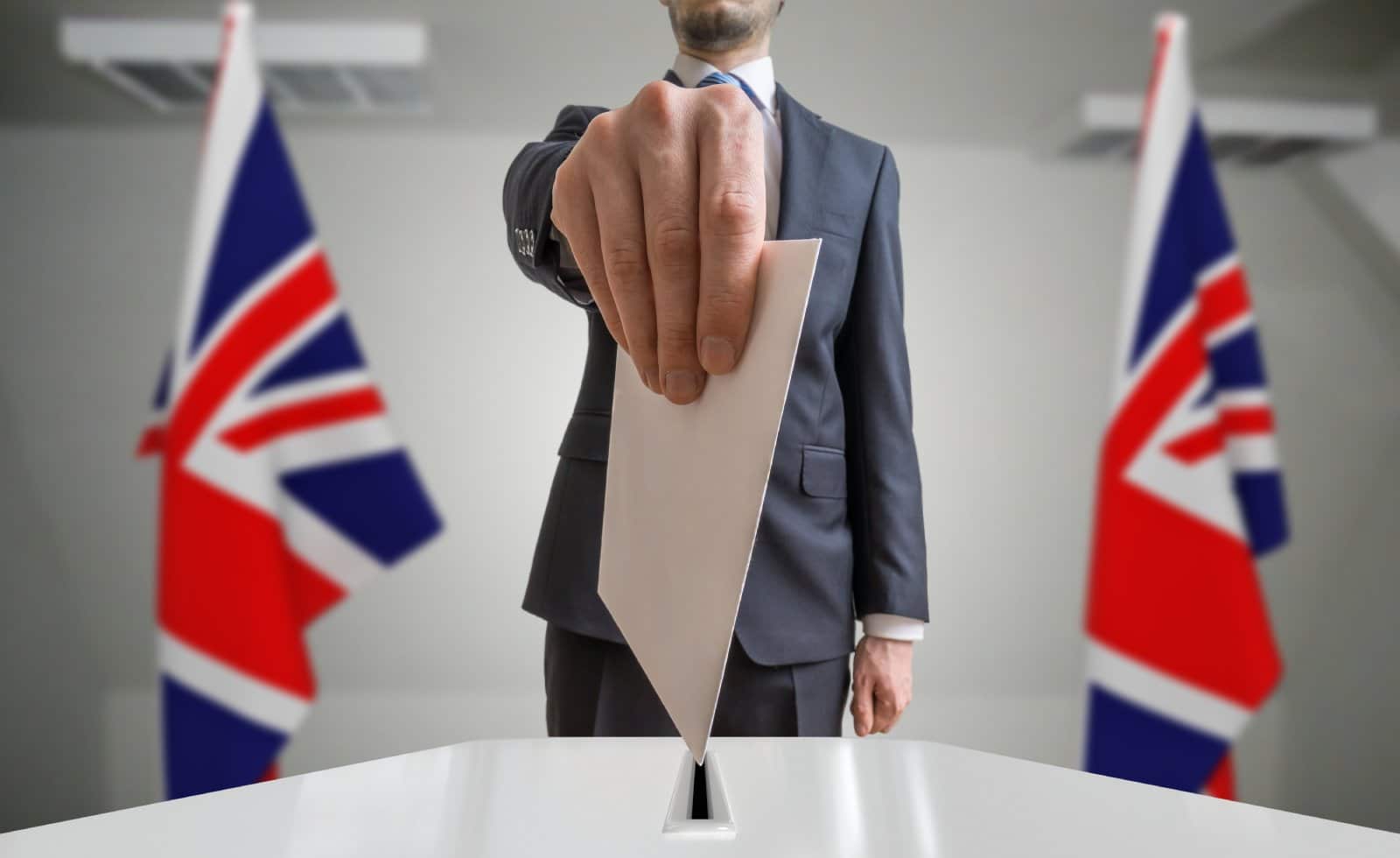
Following what seems like years of political upheaval in the UK, a recent survey conducted by Savanta has revealed just how badly the British public views their elected representatives.
Democracy in Decline

The survey has shown that, following unexpected upheavals like Brexit and the lack of trust generated by scandals like partygate, a disturbing number of people in the UK believe that British democracy has gotten considerably worse.
Dissatisfaction

The findings suggest a palpable sense of dissatisfaction with various democratic processes, with a majority of the British public in favour of democratic reforms.
Brexit and Partygate
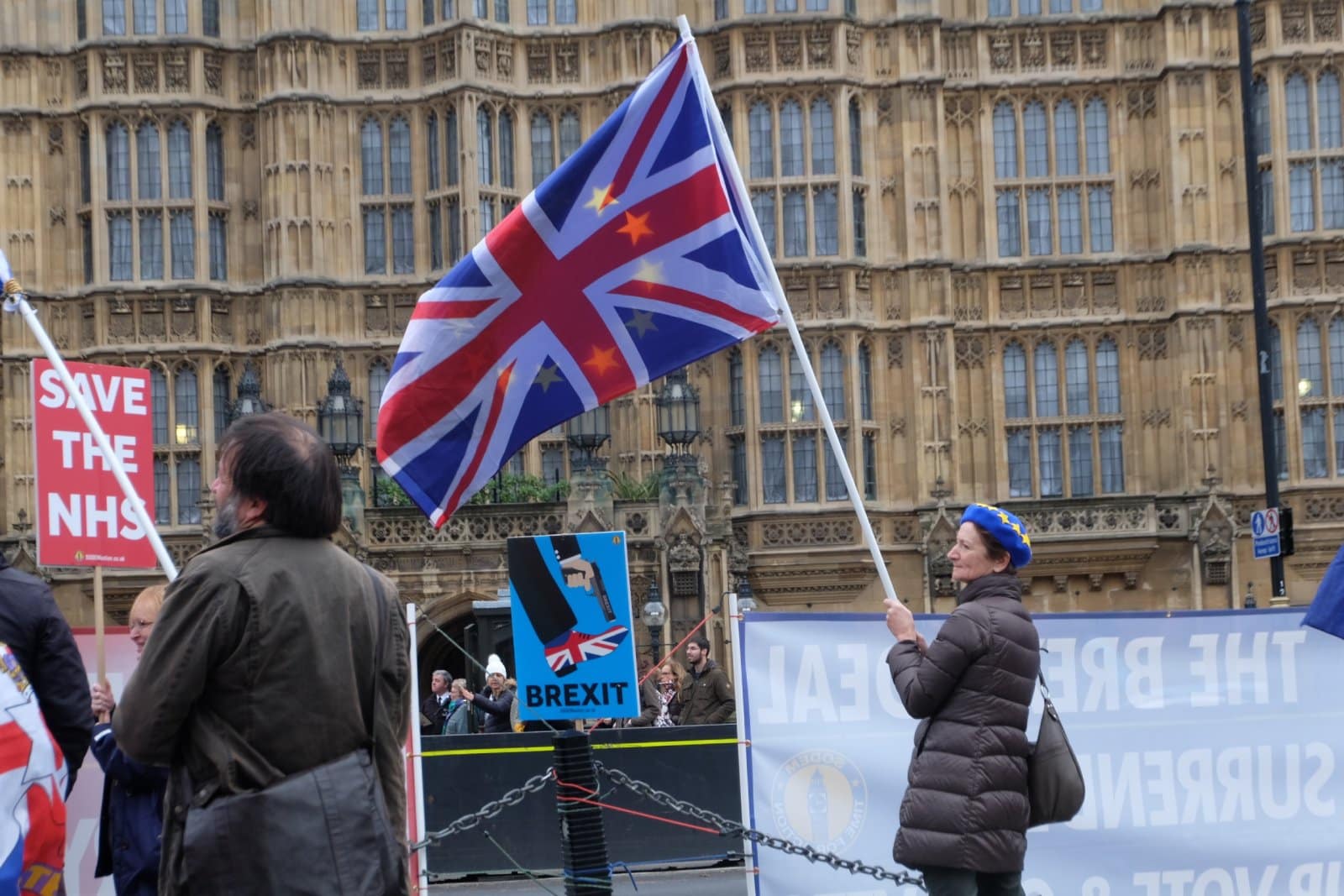
Chris Hopkins, Director at Savanta, has pointed to Brexit and the partygate scandal as primary reasons for the disillusionment gripping the UK’s democracy.
Public Discontent

Hopkins suggests that while recent controversies, such as the Speaker’s role in the ceasefire debate, may have exacerbated the situation, self-inflicted wounds like Brexit and the expenses scandal over a decade ago have significantly contributed to public discontent.
Not a Good Look
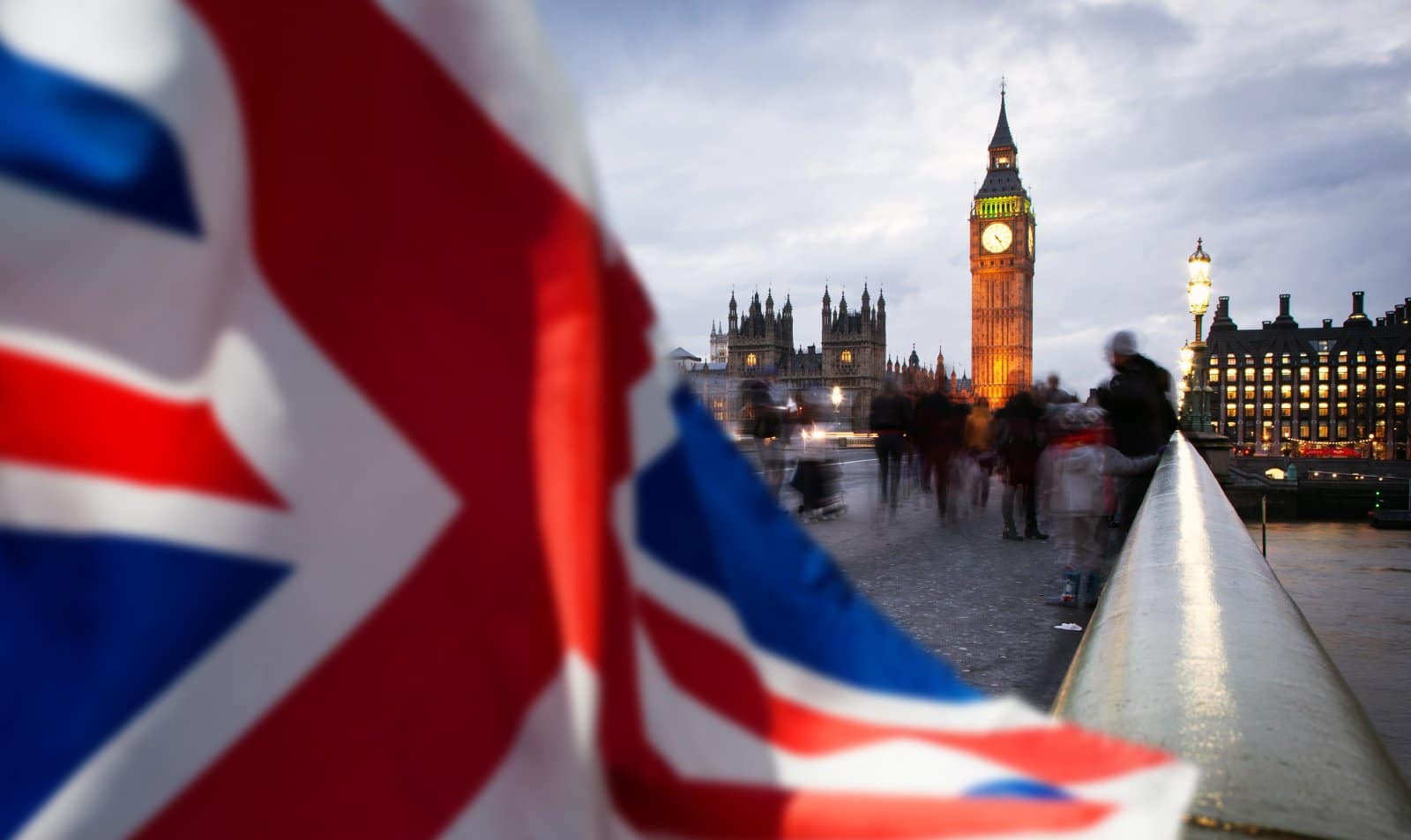
Hopkins was particularly cutting in his summary of the situation, telling the i newspaper: “House of Commons procedure does little to improve the feeling that the UK is democratic, and while its idiosyncrasies might endear the Mother of all Parliaments to the highly engaged politicos, it probably does little to aid accessibility to the masses.”
10% Drop

The survey findings are particularly depressing, with a 10% drop in young adults who would describe the UK as “democratic.”
64% Democratic

Of the under 24s, only 64% believed the UK was a democratic country, compared to 74% of older voters.
Effective or Ineffective?

The survey showed that voters predominantly believed that Parliament effectively scrutinised laws, with 46% indicating it was effective and 40% considering it ineffective.
Diverse Views

However, opinions were more evenly divided on whether Parliament represented a diverse range of political views, with 45% expressing agreement and 44% disagreement.
Lack of Accountability

A significant portion of respondents, 54%, also feel that Parliament falls short in holding the government accountable.
Electoral Reform

The survey also shows a remarkable appetite for reform of the country’s political institutions, with a majority of the public expressing support for electoral reform, the reform of the House of Lords, and the devolution of power to local authorities.
Proportional Representation

There is also considerable backing for implementing a more proportional electoral system, with a 52% approval rating. Only 13% would keep the system as it currently is.
Significant Challenges
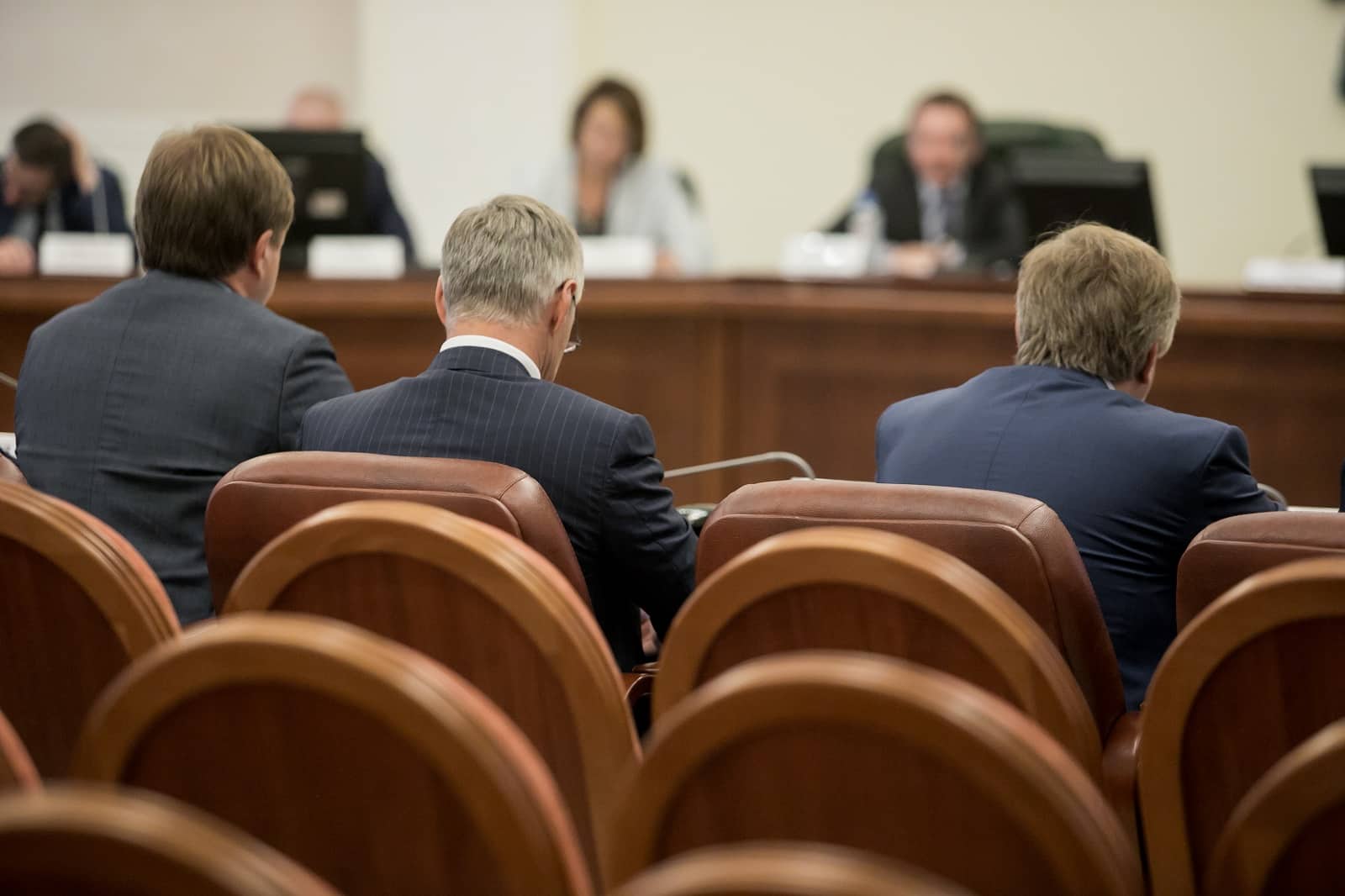
The House of Commons has faced significant challenges recently, marked by disorder and discontent among MPs.
No Confidence

The decision by Commons Speaker Sir Lindsay Hoyle to table a Labour amendment during a vote on a Gaza ceasefire stirred considerable controversy. It eventually sparked a motion of no confidence against him.
“Highly Engaged Politicos”

The incident was seized on by what Hopkins called “highly engaged politicos.” It was even used by some politicians, such as Suella Braverman, as an example of how the UK’s democratic institutions were under attack.
Tragedy to Farce

However, many in the wider public only saw a serious discussion on calling for a ceasefire in Gaza descend first into a tragedy and then into a farce.
Unaware

Many more were likely entirely unaware of the commotion in the Commons, struggling with the cost of living crisis and other more personal, urgent needs.
Edging Out Small Parties

Part of the blame for the democratic disillusionment falls on the UK’s electoral system, with the first-past-the-post method coming under sustained scrutiny for its tendency to marginalise smaller parties.
Growing Support

The survey indicates that support for electoral reform continues to grow, with most respondents advocating for a more proportional system that ensures fairer representation.
Party Whips

Additionally, there’s considerable backing for reforming the party whip system, which constrains MPs’ ability to vote as their conscience or district dictates and has led to accusations of bullying amongst MPs.
Urgent Need

The findings of the Savanta survey underscore the urgent need for reform to address the disturbing disillusionment over the state of the UK’s democracy.
Mandate for Change

From electoral reform to enhancing parliamentary accountability, there’s a clear mandate for change among the electorate.
Eroding Trust

Failure to heed these calls for reform risks further eroding public trust in democratic institutions, which, despite their apparent drawbacks, are vital for the functioning of a modern democratic country.
Fix What is Broken
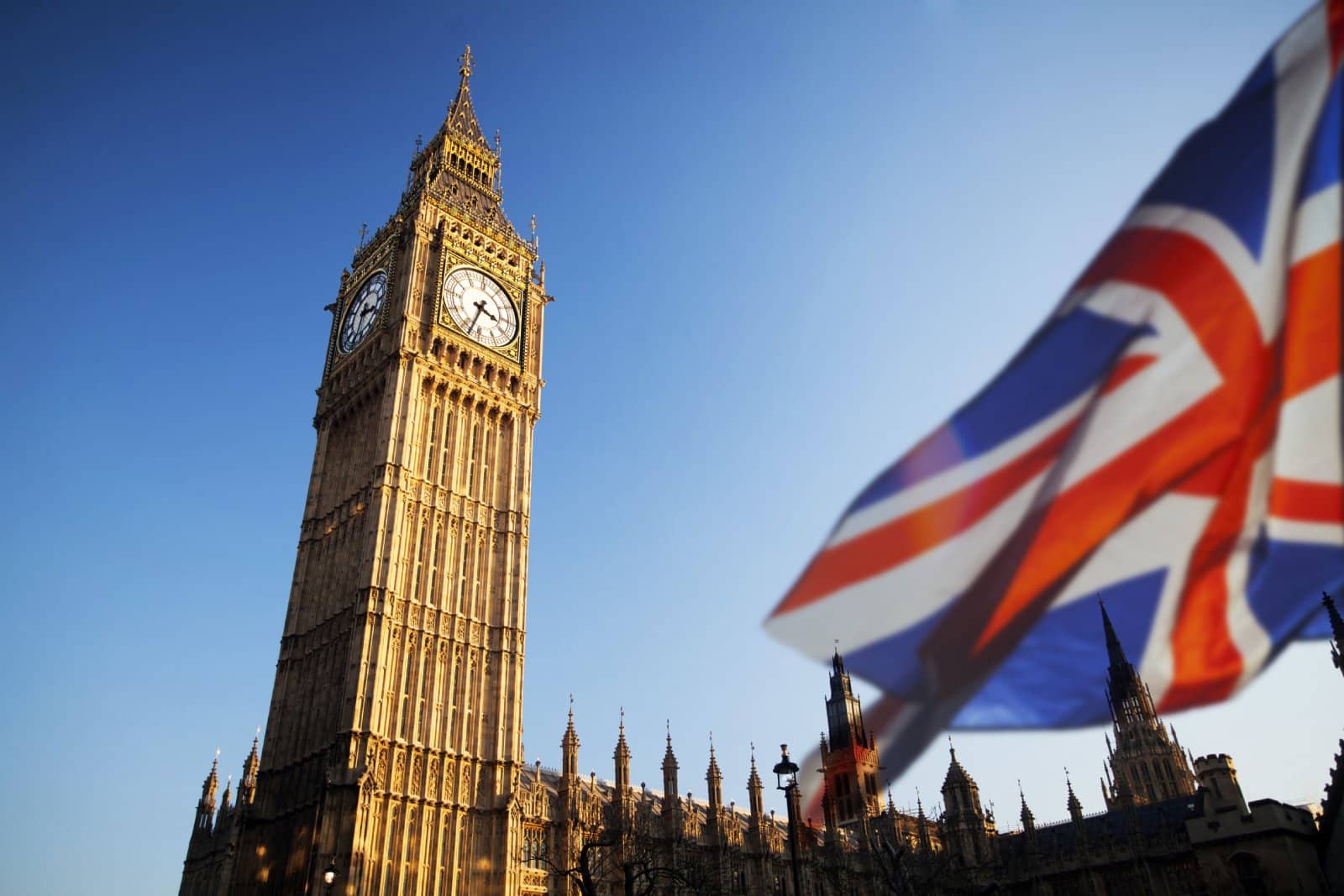
Though the survey paints a sobering picture of the state of democracy in the UK, there is still time to fix a system many view as broken before it is too late.
More Articles Like This…
Broken Britain: 12 Reasons Behind the UK’s Decline
Say the Unsayable: 10 Occasions When Farage Spoke His Mind About Britain
The post No Trust: Survey Reveals Brexit and Partygate Have Fuelled Disillusionment in UK Democracy first appeared on Edge Media.
Featured Image Credit: Shutterstock / Ink Drop.
Grant Gallacher is a seasoned writer with expertise in politics and impactful daily news. His work, deeply rooted in addressing issues that resonate with a wide audience, showcases an unwavering commitment to bringing forth the stories that matter. He is also known for satirical writing and stand up comedy.

